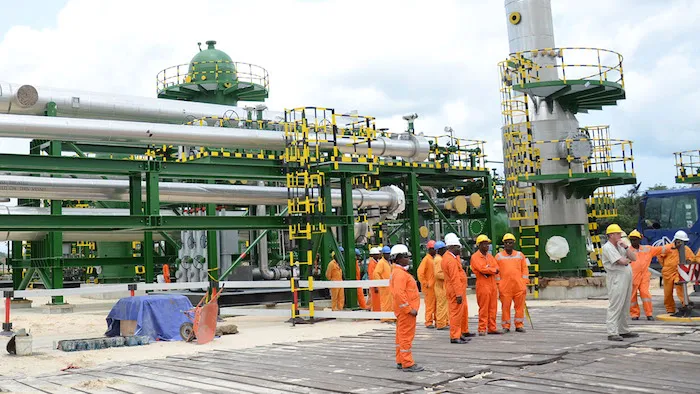VenturesNow
Nigeria meets Q1 oil target, earns N1.8tn from export in March

VenturesNow
IMF mission concludes 4th loan program assessment in Egypt
VenturesNow
Kenya seeks $750m from World Bank, obtains $200m from AfDB— Official
-

 Politics2 days ago
Politics2 days agoMali’s junta names spokesman Abdoulaye Maiga new Prime Minister
-

 VenturesNow2 days ago
VenturesNow2 days agoIMF mission concludes 4th loan program assessment in Egypt
-

 Metro2 days ago
Metro2 days ago65% of Nigerian households lack money for healthy food—Survey
-

 Musings From Abroad2 days ago
Musings From Abroad2 days agoBrazilian meatpacker JBS invests $2.5 billion in Nigeria, builds six facilities
















